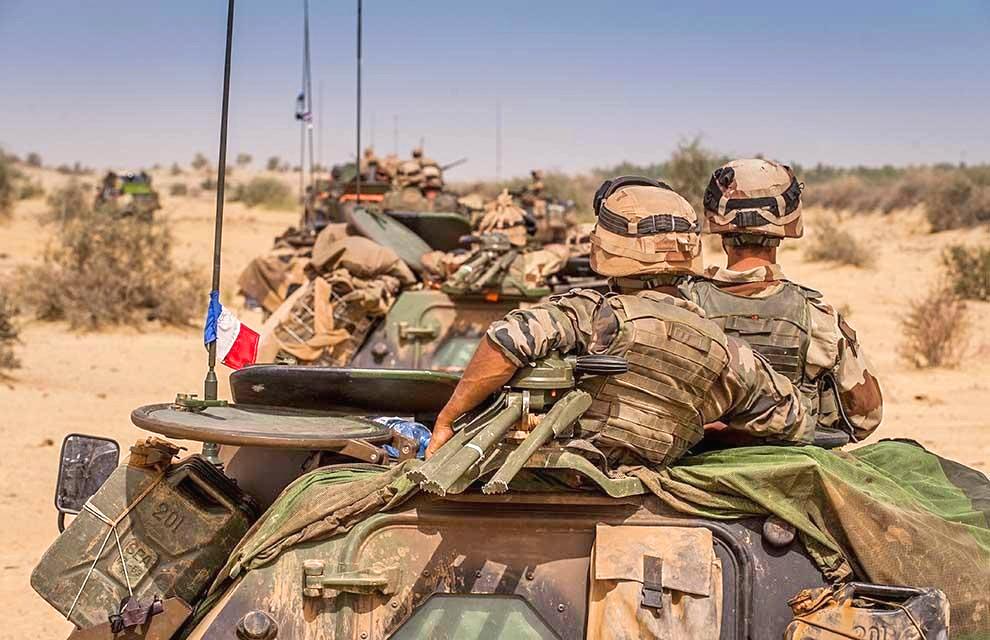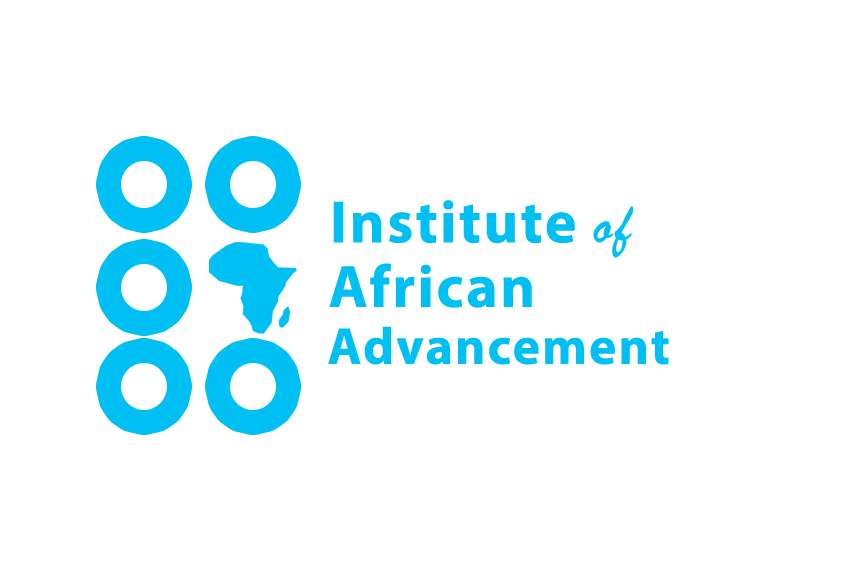
Defense Agreements and French Intervention in Africa
Introduction.
This paper analysis titled Defense agreement and French intervention in Africa is a critical component of written academic documentation to further the understanding of French agreement in the 1960’s and 1970’s with its former colonies “new African states” to promote French influence in the African affairs, political, and as these spheres would also connect with economic, social and cultural means. It is aiming as well to further the understanding of French implication in dealing with African conflict situation; the intervention and control of France in the African international conflict management as a key role for French participation and engagement militarily in African states. Written by Albert Bourgi; the author is a University professor in public law. As discussed in this chapter, this paper was presented in Dakar Senegal on the 18th to 19th at a colloquium. The main three components that I have drawn attention in these critics are : the France’s military intervention in Africa, the scope and limits of the negotiation of defense between African states and France, and the international management of conflict in Africa under the political control of France.
Key words: Crisis, military intervention, economic and political interests, France, decolonization, conflicts, defense, NATO, agreements, military troops, motivation, coup, central Africa, Mali, Zaire, United Nations mission.
Development
Analytically the author demonstrates the first French intervention in 1964 in Gabo to put back President Leo M’Ba followed by a coup plotted to seize power in Libreville. He further continues to describe the former French African Colonies, their political struggle after independence and the French political motives and influence of military responses. It is obviously seen after most of the French colonizes African state undergoing military coups “coup d’état” trying to seize power. This is the example of Benin in October 28, 1963: Christophe Soglo attempted and succeeded he overthrew Hubert Maga. in Bulkinafaso as well in January 3, 1966: the Lieutenant Colonel Sangoulé Lamizana who also followed the same path and overthrew President Maurice Yaméogo. In Republic Central Africa January 1, 1966: Jean-Bédel Bokassa overthrew David Dacko. The Author continues to argue the intervention of France based on political motivation and the strategic association with “inter alia” the cold war in the case of the Central Africa and the former Zaïre, and intervention, some which were based on “personal ties” and “various kinds of interests”. The Author further more; examines the French military agreement and defense negotiation in Africa as the former president of France Nicolas Sarkozy announced in his formal declaration in 2008 speech in Cape Town South Africa, he had spoken of the French domestic politics, in relation with African situation, the financial reasons and the reintegration of France with NATO. The author also continued to present the international management of conflict in African which goes along with the French control, the new intervention strategy as an example in 1997 to 1998 Central Africa Republic, the creation on two mission of military coalition in Bangui, the United mission and the enter-African both under the French command.
In all the authors critics as he describes the three main component of his paper; with the overall of political influence of France that is underpinned by various reasons which one is the French interest in maintaining influence and control of power in the former colonies. Two; the personal interest of African leaders to collaborate with French in terms of regime defense. This is the collaboration whereby the French government send military troops to fight rebels or coup plotters and reinstall the regime back to power. This phenomenon had happens in various times and even in some of the African French speaking countries where France did not directly colonize this is the case in former Zaire that President Mobutu requested French mercenary to fight the war of Kolwezi in 1978. Finally the coalition of France with other international forces (NATO, UN, EUROPEAN UNION) and other to intervene in Africa.
Conclusion
The intervention of France in African Affairs marks conceivably the most outstanding military control of forcible engagement with defensive measures during African crisis. Establishing the origin of the intervention in this case is therefore of significant interest to the France influence in its former colonies, its foreign policy circles, which seek to explain the French involvement in the political, economic, social and cultural affairs of African states. This justification underpins other major studies that have focused on some specific French speaking countries (Senegal, Mali, D.R.Congo, Côtecd’Ivoir, ect,..). In terms of examining the international African conflict management, France re-engage its involvement in a coalition with other international military forces( UN, USA, African Union “Inter-Africa forces”, NATO, European Union) to maintain control and political power of regimes with eager interests with both geo-strategic and regional security motives.
By Trone. M. K
References
- Eva Nelson analyses the underlying motivations in France’s foreign policy towards Africa
- Perspectives African The French Intervention in Mali by Mady Ibrahim Kante
- Lessons from French Military Interventions in Africa by Nathaniel Powell.
- The Gendarme of Africa: How can France’s 2002 Military Intervention in Côte d’Ivoire be explained? By Daniel Moody
- France and Africa: Analysis of their relationships from the colonies to present days by Armida Battellini.
- A New Way to Engage? French Policy in Africa from Sarkozy to Hollande by Paul Melly and Vincent Darracq.
- Military Intervention in Africa French and US Approaches Compared by Stephen BurgeSS, phD.
